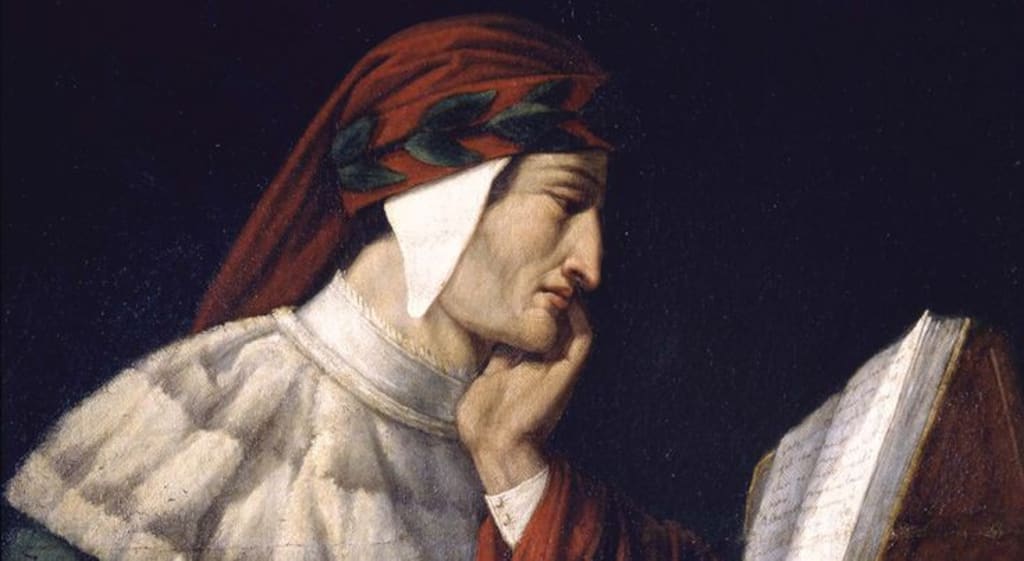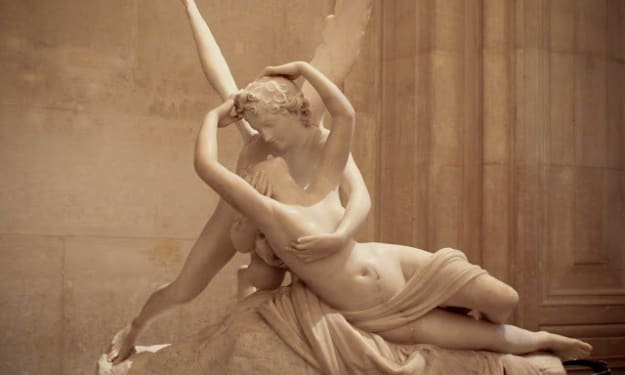
These ominous words, written above the Gate of Hell, foretell gloom for Dante as he begins his descent into hell: "Abandon all hope, ye who enter here..." Nevertheless, despite its melancholy tone, this prophecy initiates perhaps the greatest love story ever told; an awe-inspiring excursion that includes both the human and the heavenly. Yet, for Dante to arrive at considerate salvation, he should initially track down his direction through a lot of hardship.
"Inferno," the first of three narrative poems by Dante Alighieri written in the 14th century, is set in this tortured landscape. Dante, assuming the role of the protagonist, ventures further and further into the abyss of Hell, witnessing the inhumane punishments specific to each of its nine realms.
Starting in An in-between state, he goes through the circles of Lust, Gluttony, Greed, Wrath, Anger, Heresy, Violence and Fraud to the horrifying 9th circle of Treachery, where miscreants are caught under the full concentrations eyes of Satan himself.
Dante continues his journey as he scales the Mount of Purgatory and ascends the nine celestial spheres of Heaven in the subsequent two parts, "Purgatorio" and "Paradiso."
The "Divine Comedy," an allegorical vision of the soul's journey toward God, is made up of these three sections, which were written together over a decade.
Yet, Dante's "Heavenly Parody" is something beyond strict moral story. It's likewise a clever, scorching critique on Italian governmental issues. A warrior and legislator from Florence, Dante was resolutely dedicated to God, however frequently incredulous of the Roman Catholic Church. He particularly detested its widespread nepotism and simony, or the buying and selling of religious favors like sin-pardoning pardons.
The Guelfi Neri, or Black Guelphs, supported these corrupt practices more than any other group, but many groups took advantage of them. This was a political and religious group that wanted to make the pope more influential in politics. Dante belonged to the White Guelphs, or Guelfi Bianchi, who believed that Florence required greater independence from Rome. Dante frequently spoke out against the power of the pope as a public representative of the White Guelphs until the Black Guelphs used their position to drive him out of Florence in 1302. But instead than hushing him, this deep rooted exile prompted Dante's most prominent scrutinize of all.
The author freely voiced his displeasure with Italian society and the Church, but he was disgraced and had little hope of being forgiven. Composing the "Heavenly Satire" in Italian, as opposed to the customary Latin of the informed first class, Dante guaranteed the vastest conceivable crowd for his gnawing political analysis.
Dante eagerly watches as sinners decapitate Black Guelph Filippo Argenti in the circle of the Wrathful in "Inferno." In the circle of eathen consuming in the circle's most smoking blazes.
He discovers that this is Pope Nicholas III, who informs Dante that his two remaining heirs will be found guilty of simony and corruption when they pass away. In spite of the somber and once in a while vicious symbolism in "Fiery blaze," the "Heavenly Satire" is likewise a romantic tale.
However Dante had an organized marriage with the little girl of a strong Florentine family, he had likewise been pathetically infatuated with one more lady since he was nine years of age:
Beatrice Portinari
She was Dante's lifelong inspiration and the subject of many of his works, despite the fact that they are said to have only met twice.
In point of fact, Beatrice is the one who initiates his daring excursion into the caverns of Hell and up the terraces of Mount Purgatory. She guides Dante through "Paradiso's" concentric spheres of Heaven as a powerful heavenly figure until he finally meets God. Numerous artists, including Auguste Rodin, Salvador Dali, Ezra Pound, and Neil Gaiman, have embraced the "Divine Comedy's" themes of love, sin, and redemption over the centuries.
In addition, in 2008, when the city of Florence finally revoked Dante's antiquated exile, the poet received his own earthly redemption.





Comments
There are no comments for this story
Be the first to respond and start the conversation.